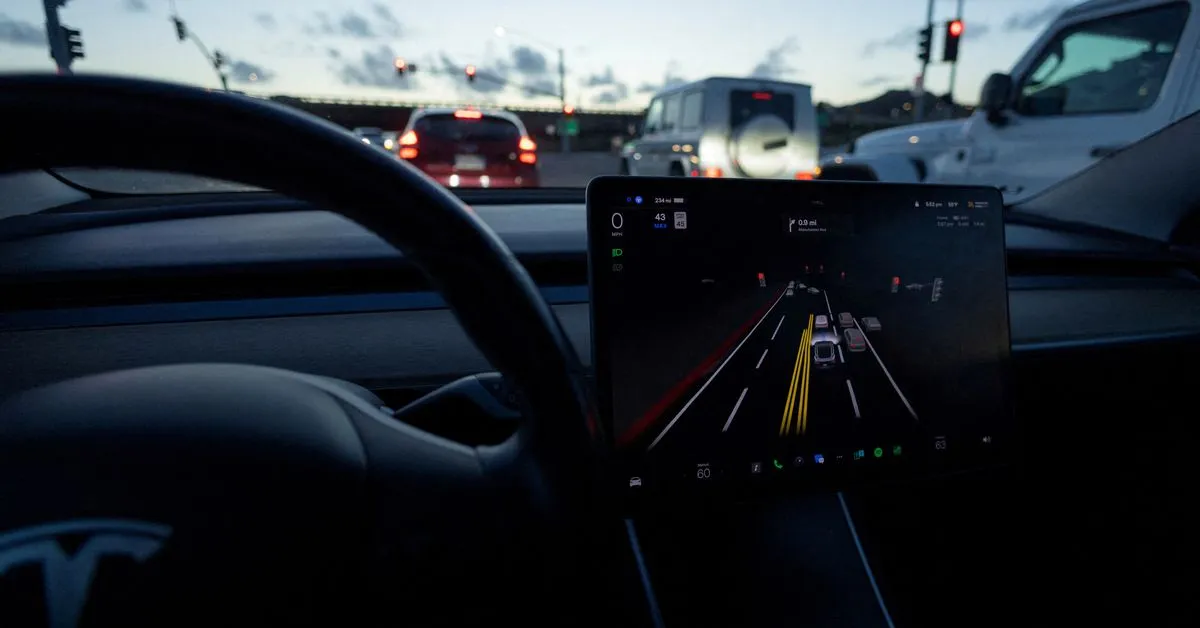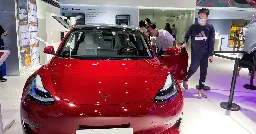Tesla braces for its first trial involving Autopilot fatality
Tesla braces for its first trial involving Autopilot fatality

www.reuters.com
Focus: Tesla braces for its first trial involving Autopilot fatality

Tesla braces for its first trial involving Autopilot fatality::Tesla Inc is set to defend itself for the first time at trial against allegations that failure of its Autopilot driver assistant feature led to death, in what will likely be a major test of Chief Executive Elon Musk's assertions about the technology.
